This is a court of law, young man, not a court of justice
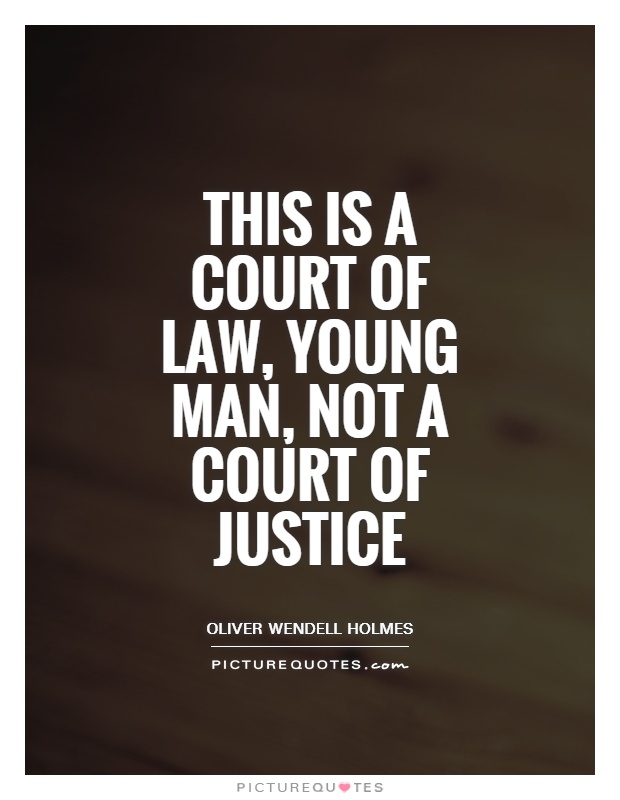
This is a court of law, young man, not a court of justice
Oliver Wendell Holmes, Jr. was a renowned American jurist who served as an Associate Justice of the Supreme Court of the United States from 1902 to 1932. Known for his pragmatic approach to the law and his belief in judicial restraint, Holmes was often quoted as saying, "This is a court of law, young man, not a court of justice."This famous quote encapsulates Holmes' view of the role of the judiciary in society. In his view, the primary function of the courts is to interpret and apply the law as it is written, rather than to pursue abstract notions of justice. This is not to say that Holmes believed that the law should be unjust or that the courts should turn a blind eye to injustice. Rather, he believed that the law should be applied impartially and consistently, regardless of the outcome.
Holmes' view of the law as a separate and distinct entity from justice reflects his commitment to the rule of law and the importance of legal precedent. He believed that the law should be based on established principles and precedents, rather than on the personal beliefs or opinions of individual judges. This commitment to legal formalism and judicial restraint was a hallmark of Holmes' jurisprudence and set him apart from more activist judges who sought to use the law as a tool for social change.
Despite his reputation as a legal formalist, Holmes was not indifferent to the moral and ethical dimensions of the law. He recognized that the law could be used as a tool for social progress and believed that judges had a duty to consider the broader implications of their decisions. However, he also believed that the law should be applied in a consistent and predictable manner, in order to maintain the stability and integrity of the legal system.
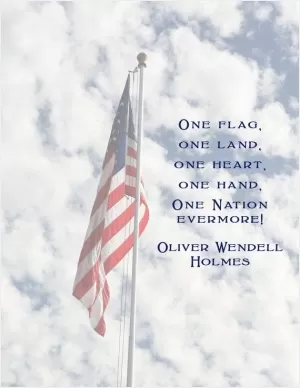

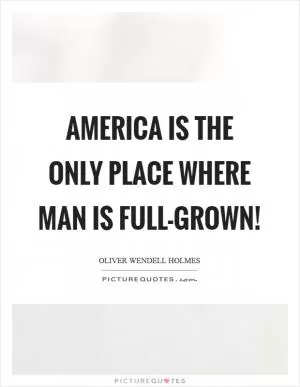

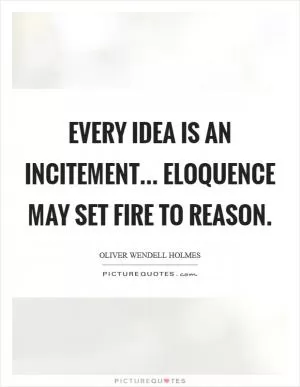

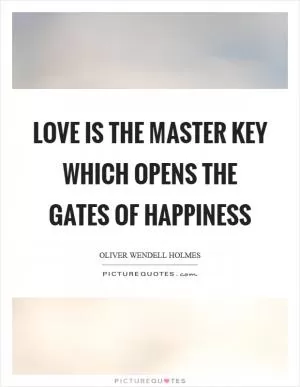



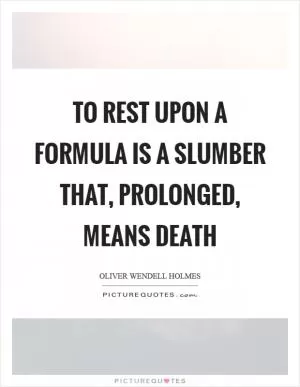
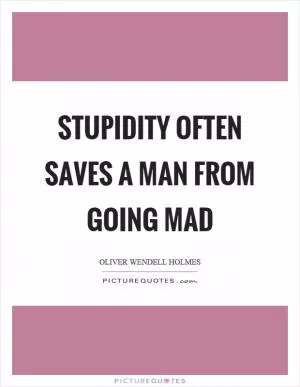
 Friendship Quotes
Friendship Quotes Love Quotes
Love Quotes Life Quotes
Life Quotes Funny Quotes
Funny Quotes Motivational Quotes
Motivational Quotes Inspirational Quotes
Inspirational Quotes